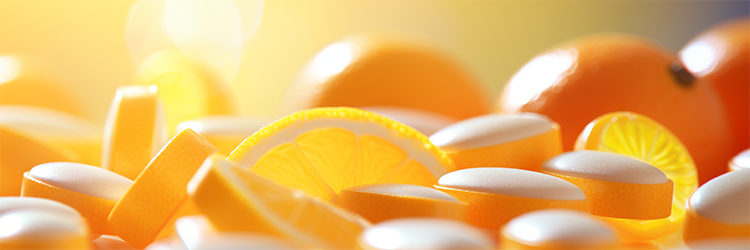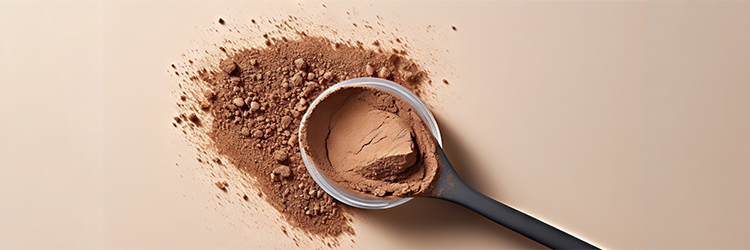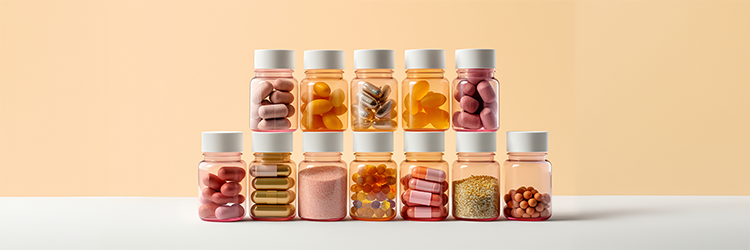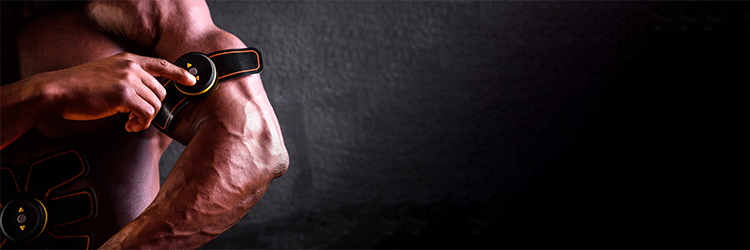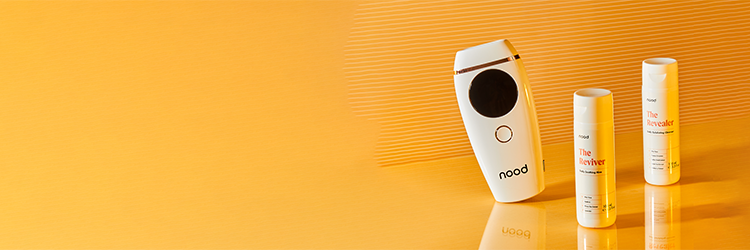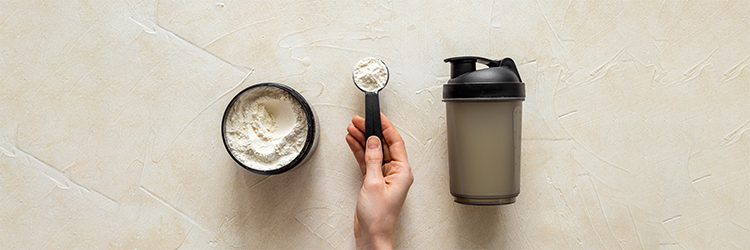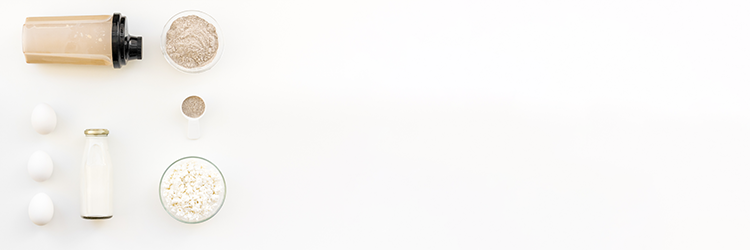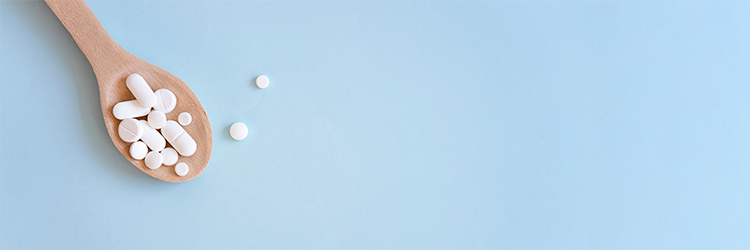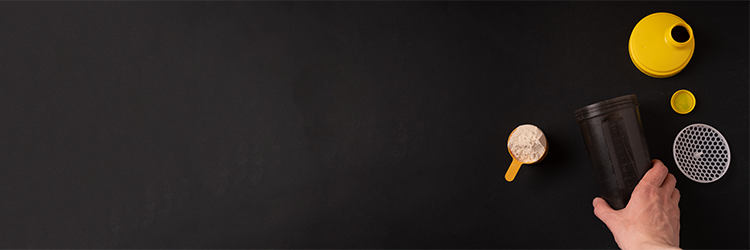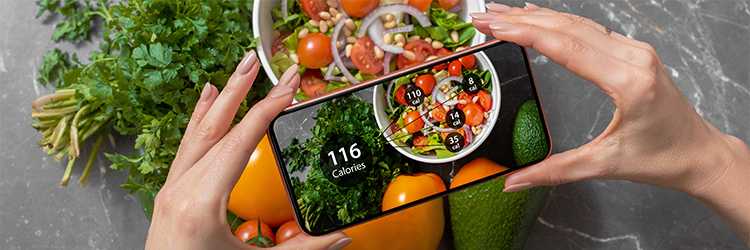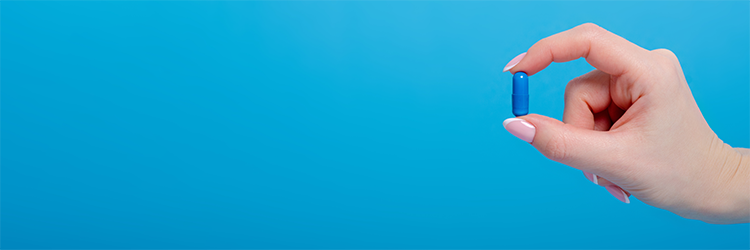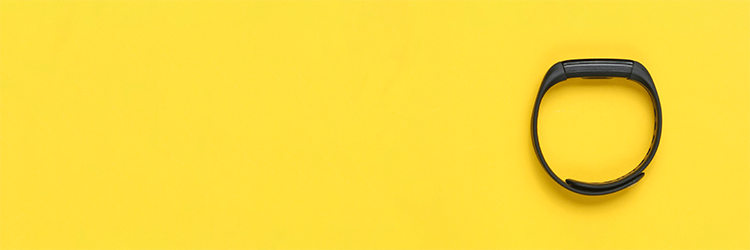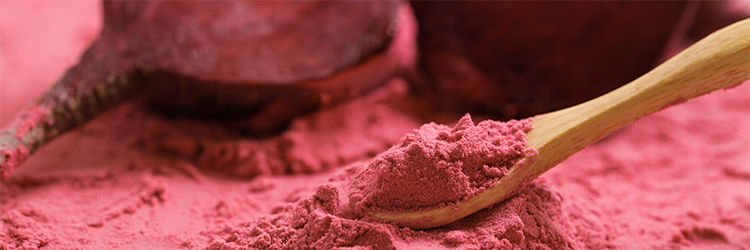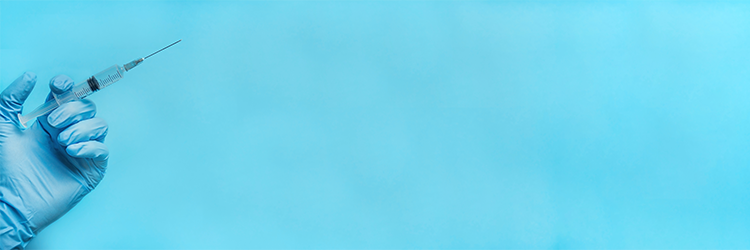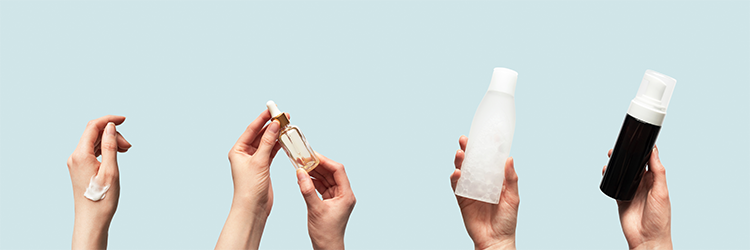
Disclaimer: None of the information in this article constitutes medical advice, and is just the opinion of the writer(s). We recommend that patients follow their doctor’s guidance in regard to medical testing.
On/Go is a healthcare brand that sells a COVID-19 test with an accompanying smartphone app. The brand claims that their test provides "results in minutes," and that it's a "reliable testing solution."
But how accurate is On/Go's COVID test really? What type of COVID test is it, and how does its accuracy compare to other types of COVID testing? What retailers sell On/GO COVID Test for the best price? And is the required smartphone app annoying to use?
In this article we'll answer all of these questions and more as we analyze the type of testing technology On/Go's test relies on, and see if it's more or less accurate than other types of COVID testing based on medical studies.
We'll provide a cost comparison featuring the retailer that sells On/Go's COVID test for the best price, share an instructional video explaining how to use the product, and explain why we think the smartphone app requirement makes this test inconvenient and annoying to use.
Key takeaways:
- Less accurate than RT-PCR testing
- Requires app download
- We tried ourselves and had a terrible experience
We Tried On/Go Ourselves
As one of the authors of this article (Calloway), I wanted to try On/Go's COVID test myself to share my thoughts on the experience.
I purchased a test kit on Amazon and tried it one morning when I was feeling a bit under the weather.
I immediately experienced issues, because some of the test solution spilled out of the buffer tube when I was holding it.
This was my fault surely, but there were no clear warnings about how important it was to keep this device fully upright, and I couldn't even see the solution at its bottom when I first opened the package.
I was unable to follow the instructions, because my kit seemed to be missing a piece called the "kit box." Step two of the test procedure instructions states to "punch through the perforated circle on the kit box."
I was so confused that I uploaded the below image to ChatGPT, asking for instructions:

As you can see in ChatGPT's response below, it seems as though a piece is missing:

I perforated the box myself using scissors, but there wasn't enough solution material remaining to run the test due to my spillage.
Overall, I found the process to be extremely annoying, and I would greatly prefer just going to a pharmacy like CVS to get a free test. I would never purchase this in the future.
I would rate On/Go COVID test 0/10.
Is On/Go’s COVID Test Accurate?
On/Go's COVID test uses antigen testing, which may be less accurate than a different type of COVID testing called reverse transcription-polymerase chain reaction (RT-PCR) testing.
A published in the Morbidity and Mortality Weekly Report documented that in a Los Angeles hospital, antigen testing only correctly identified 60.5% of asymptomatic COVID patients compared to RT-PCR testing.
The study authors suggested that RT-PCR testing may be a better option given its increased accuracy.
As we documented in our iHealth COVID test accuracy review article on another COVID testing brand, antigen tests (like the one sold by On/Go) may also have a higher risk of false negative results compared to RT-PCR tests, and false negative results can put consumer health at risk by delaying or preventing treatment.
Overall we consider On/Go's COVID test likely to be somewhat accurate and to provide data that's probably better than nothing, but we would recommend that patients speak with their doctor about RT-PCR testing options instead, unless they need immediate results.
We cannot identify any evidence that On/Go's testing is more accurate than any other antigen testing COVID brand.
Do On/Go COVID Tests Expire?
On Feburary 1, 2023, the FDA granted On/Go 21 months of total shelf life for the product when stored at temperatures between 1° Celsius (33.8° Fahrenheit) and 30° C (86° F).
This represents a 6 month increase in the expiration date on some lots of On/Go COVID tests.
Consumers who purchased an On/Go COVID test should check this document to see the new expiration date for their test kit.
Since this type of COVID testing is a new technology, the FDA is granting extensions to some brands based on stability testing (which proves whether or not the accuracy of the test kit holds up over time).
Our Issues With On/Go's App
To view COVID test results, On/Go customers need to download the company's app and create an account.
This is an entirely unnecessary step in our opinion, because the test results could just be published directly on the device like with iHealth's test kit.
We see the app download as a massive inconvenience with no benefit to users. It's an artificial barrier that drives downloads, which is great for a healthcare brand but has questionable benefits for customers.
We would recommend iHealth (and any other antigen testing device that doesn't require an app download and registration) over On/Go for this reason alone.
Patients who purchased the device and are seeking On/Go test instructions on how to properly use the test and app can view this informational video published by the brand on YouTube:
How Does Antigen Testing Work?
On/Go’s COVID test is an antigen test, which is one of several different types of medical tests that can detect COVID-19.
Antigen testing is performed to detect respiratory infections. It’s not only used to detect COVID-19, but also to detect other infections like the flu and pneumonia.
According to the , antigen tests are most accurate when performed while the patient is experiencing symptoms of the condition (in the case of COVID, this may be fever, chills, fatigue and shortness of breath).
As the American Society for Microbiology documents, antigen tests work by detecting a specific type of protein unique to COVID-19 from patient swabs.
Antigen tests provide results back to the patient quickly; typically in under an hour and often in under 30 minutes. This is one of the advantages of antigen testing compared to other types of testing like RT-PCR which can take a few days to return results.
Can You Get COVID Testing Totally Free?
Patients should be aware that a number of free and discounted COVID testing resources are available throughout the US.
RT-PCR testing appears to be more accurate than antigen testing based on our review of clinical data, and there are several resources available to US patients for finding free RT-PCR COVID testing sites.
The pharmacy brand CVS has over 1,500 COVID-19 testing sites and testing may be free depending on insurance and location. Input your ZIP code and find the closest location to you: https://www.cvs.com/minuteclinic/covid-19-testing
The Department of Human Health Services (HHS) maintains an updated database of over 20,000 sites where patients can access free or discounted COVID testing, both RT-PCR and antigen testing depending on location: https://www.hhs.gov/coronavirus/community-based-testing-sites/index.html
The US government also will ship COVID tests to your door at no cost, and according to this government resource, every US household is eligible for four test kits at no cost: https://www.covid.gov/tests
Our Concern About False Negative Results
Consumers are often curious about false positive results from COVID testing, but in our opinion, the risk of false negative results is more concerning and more of a legitimate risk.
In asymptomatic patients with COVID, antigen testing reported a false negative result 39.5% of the time according to the first medical review cited in the accuracy section.
The same study found that antigen testing reported a false positive result only 0.5% of the time in asymptomatic patients without COVID.
This suggests that antigen testing is much more likely to be accurate in those without COVID than in those with COVID, which means the risk of false negatives is higher.
To reduce the risk of false negatives, patients can take the test multiple times. Testing three times in a row should decrease the false negative percentage to 6.4%.
The FDA repeat testing when patients receive a negative result to mitigate this risk.
Where to Get the Best PriceThis section may contain affiliate links. We receive compensation when readers make a purchase using an affiliate link.
On/Go’s COVID test is available at a variety of online retailers. Here's a price breakdown for a 2-pack at the time of updating this article:
Optum: $23.99 (plus shipping, link)
Brand website: $20 (plus shipping, link)
Amazon: $19.99 (free shipping – link to official Amazon listing)
For a product where the legitimacy is as important as a medical test, it only makes sense buying directly from the manufacturer to reduce the risk of fakes.
The Amazon listing is published by On/Go's manufacturer, a company by the name of Intrivo Diagnostics.
Customers Rate On/Go COVID Test
Amazon is a better resource for honest customer reviews than a brand's website in our opinion.
On/Go COVID test has been reviewed over 46,000 times on Amazon, with an average review rating of 4.4 out of 5 stars.
The top positive review from a verified purchaser comes from a user named "Chris Menez" who likes the product experience overall:
"Overall, I highly recommend the On/Go 2 COVID-19 Rapid Test Packet. The small box, simple design, high quality, and the iOS app make it stand out from other rapid tests in the market. The only thing that could make it better is if On/Go paid me for writing this review (just kidding!)."
The top negative review from a verified purchaser is written by a user named "Daritech, Inc" who gives the product a 1-star rating and claims it's inconvenient:
"Also, in reading the instructions for these tests- there are so many components and steps to take; this makes them not user friendly and room for so much error in the test process itself."
On/Go's manufacturer has failed to respond to any of the three complaints on the brand's Better Business Bureau (BBB) page at the time of updating this article.
One customer claims the brand failed to deliver by a promised date and then failed to honor returns:
"...it promised that they would be delivered by December 31, 2021. This was a time-sensitive purchase for me. When Intrivo hadn't even shipped by that date, I purchased similar tests elsewhere and asked Introvo to cancel the order. Introvo refused to cancel the order that it wasn't able to timely fulfill, later sent the tests anyway, and then also refused to allow me to return them."
Are On/Go COVID Tests FDA Approved?
The FDA issued Emergency Use Authorization (EUA) to On/Go due to the public risk of the COVID-19 pandemic, but this product has not completed the formal FDA approval process.
At the time of updating this article, there are currently no rapid antigen tests that are approved by the FDA.
FDA-approved means a product (like a new drug) has been extensively studied both in terms of safety and efficacy, and the FDA deems it likely safe and effective.
The EUA that allows On/Go to be sold to the public was unique due to the time-sensitive nature of the COVID pandemic, and suggests that the FDA believes this product is unlikely to be harmful (which makes sense, given that it's not ingestible).
The EUA does not necessarily prove the test's accuracy.
Pros and Cons of On/Go COVID Test
Here are the pros and cons of On/Go's COVID test in our opinion:
Pros:
- Can be used at home
- Should be highly accurate in those without COVID
- Inexpensive
- Mostly positive Amazon reviews
Cons:
- Users have to download app which seems unnecessary
- Doesn't appear to be clinically tested
- False negative results may present a risk
- Requires out-of-pocket payment
- May be less accurate than RT-PCR testing
- Brand fails to provide proof their device is more accurate than competitors









































































